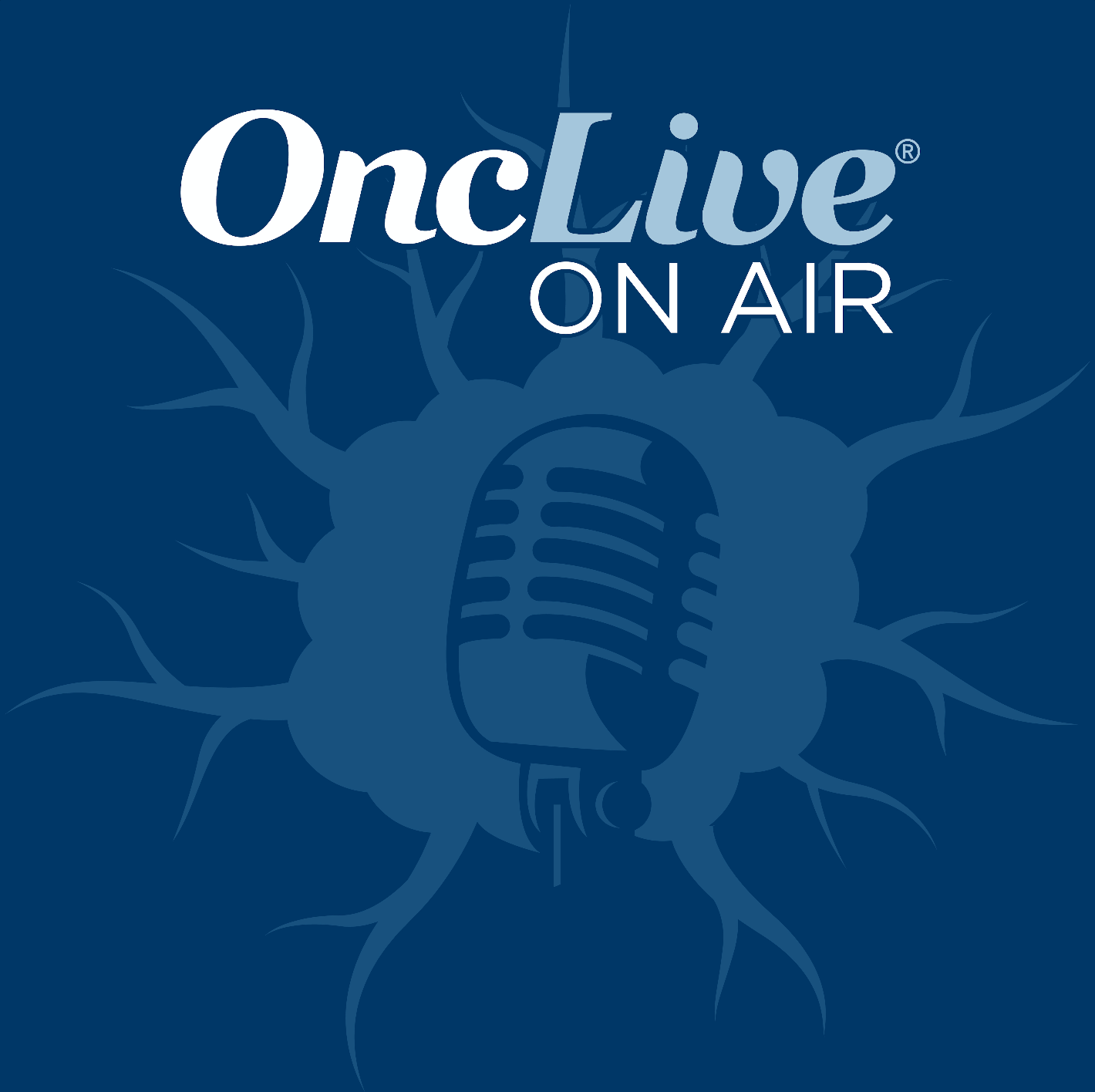Video
Dr. Upadhyaya on Risk Factors for Pediatric Ependymoma
Author(s):
Santhosh Upadhyaya, MD, neuro-oncologist, St. Jude Children’s Research Hospital, discusses risk factors for developing pediatric ependymoma.
Santhosh Upadhyaya, MD, neuro-oncologist, St. Jude Children’s Research Hospital, discusses risk factors for developing pediatric ependymoma.
Most pediatric patients who are diagnosed with ependymoma are diagnosed without any known predisposition to the cancer other than neurofibromatosis, says Upadhyaya. Researchers have been unable to identify potential risk factors that lead to the development of the malignancy.
However, research regarding risk factors for relapse suggests that patients who have most of their tumor removed in surgery prior to receiving radiation have the best chance of cure. This is difficult to achieve, explains Upadhyaya, as these tumors are located in difficult-to-reach areas of the brain. Any aggressive attempt at resection may lead to neurological problems that may be permanent, Upadhyaya says. Using chemotherapy as a bridge in these situations may enable a patient’s tumor to shrink during the recovery process, potentially enabling them to undergo a second procedure.







